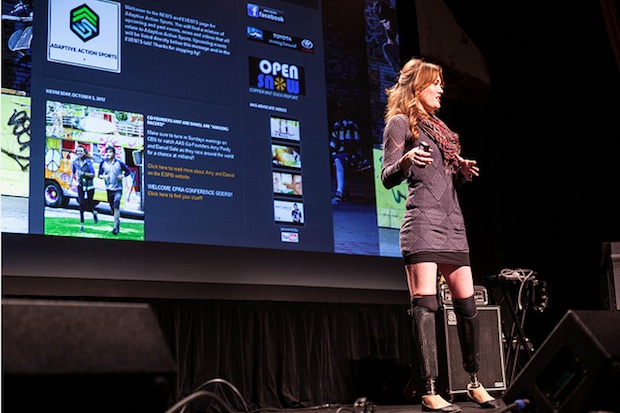
Amy Purdy, an "adaptive" snowboarding champion and advocate for amputee empowerment via sports
smartplanet.com - by Reena Jana - October 18, 2012
CAMDEN, ME — On a chilly October day, a stone’s throw from a postcard-perfect New England harbor and across from an adorable town square, a group that included chief executives, grad students, physicians, public-school educators, activists, scientists, and artists gathered. Some members of this diverse crowd, assembled for the annual PopTech conference from October 17-20 at the Camden Opera House, were from large companies such as Nike, Google, and Procter & Gamble. Others were the twentysomething founders of start-ups that no one has ever heard of–yet. Or they were academics, investors, designers, engineers.
(READ COMPLETE ARTICLE)





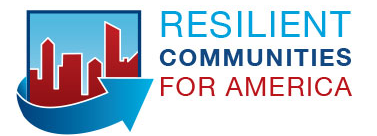
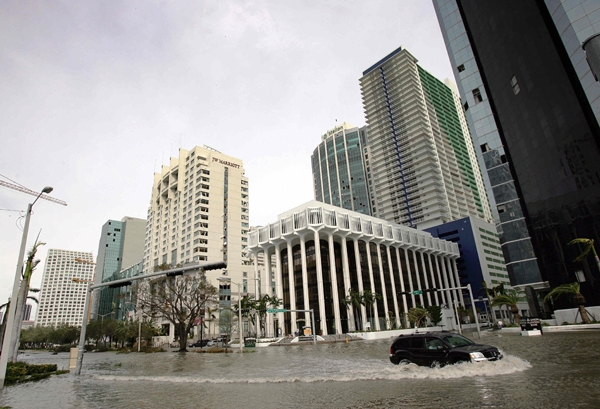

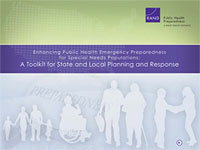
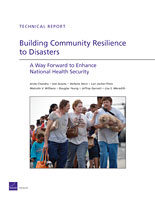
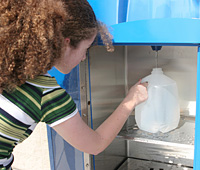 rand.org - by Lori Uscher-Pines, Anita Chandra, Joie Acosta, Arthur L. Kellermann - June 29, 2012
rand.org - by Lori Uscher-Pines, Anita Chandra, Joie Acosta, Arthur L. Kellermann - June 29, 2012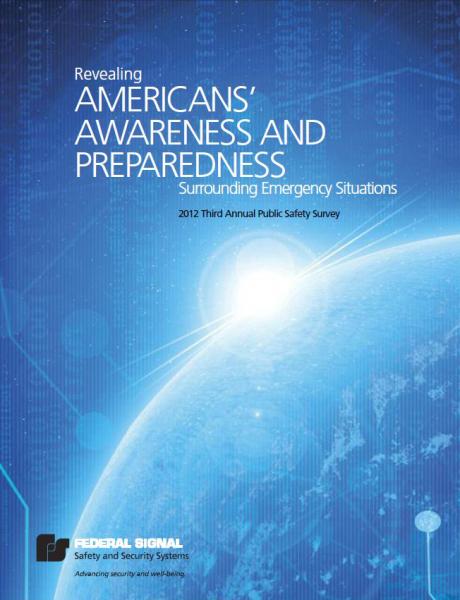 submitted by Ben Sheppard
submitted by Ben Sheppard
Recent Comments